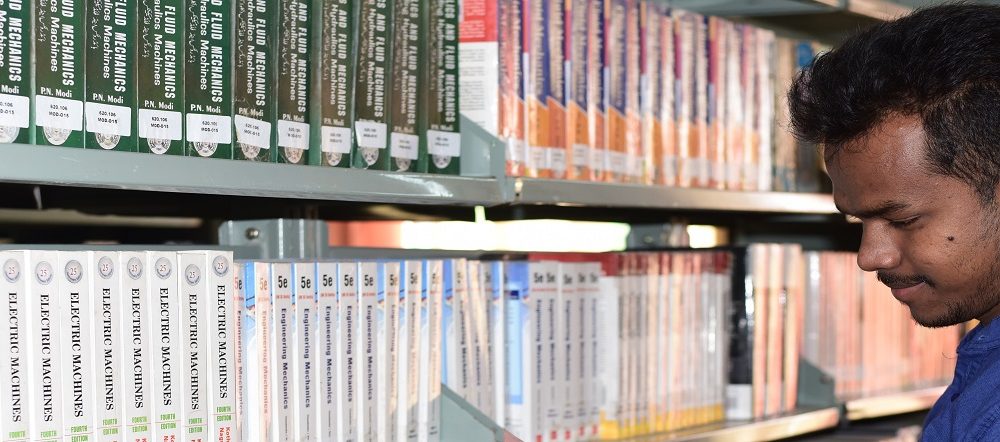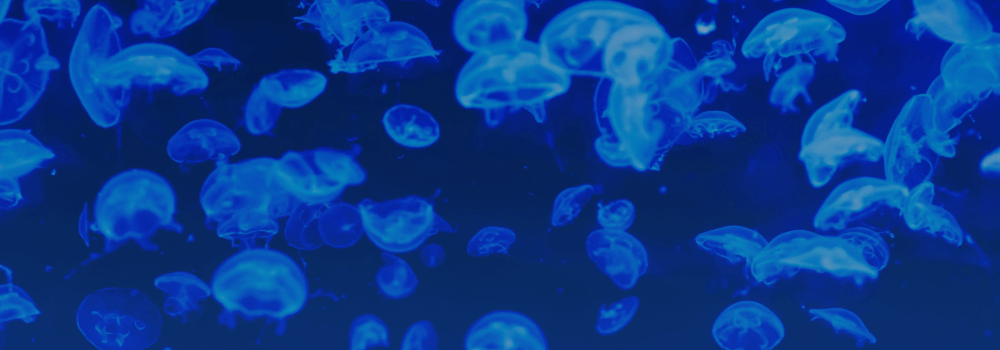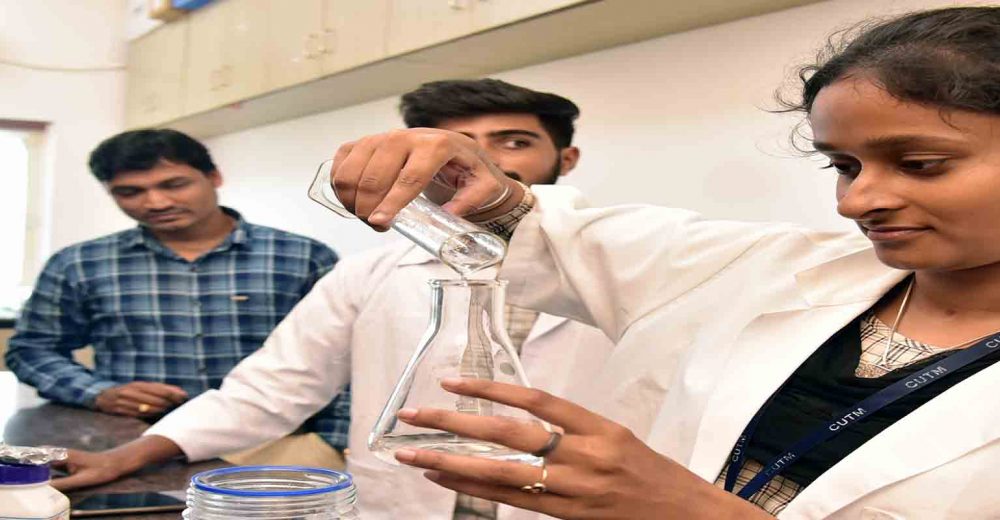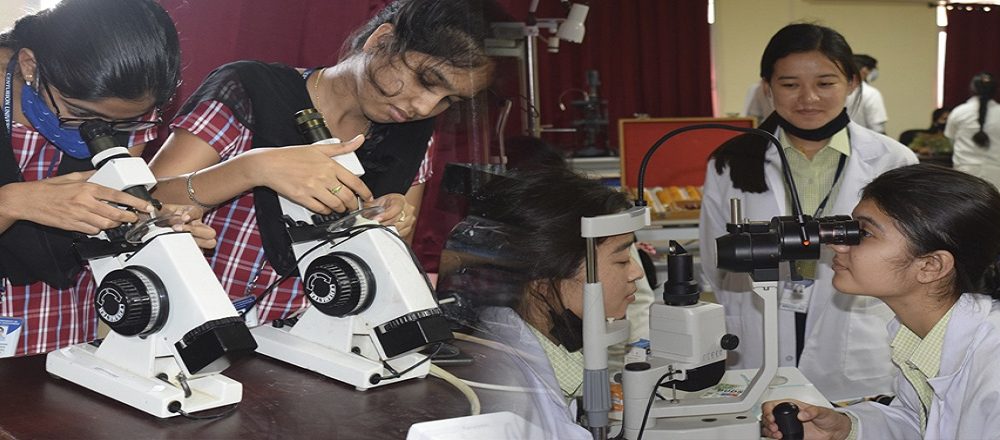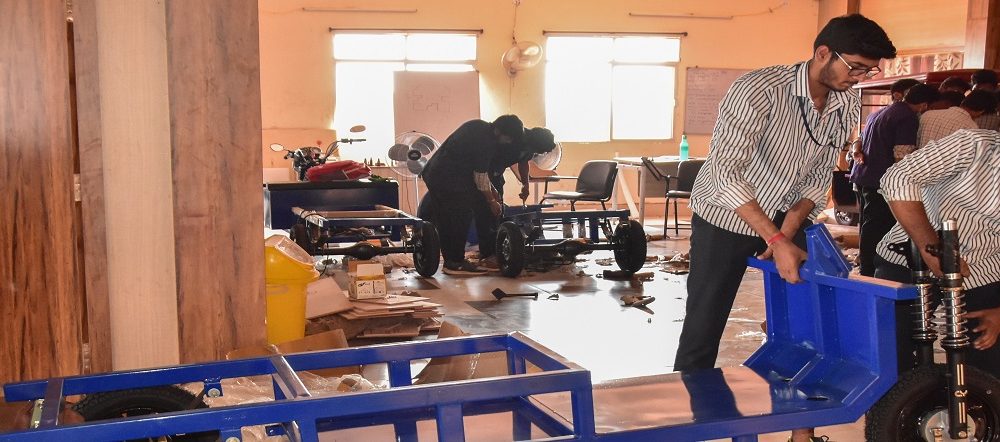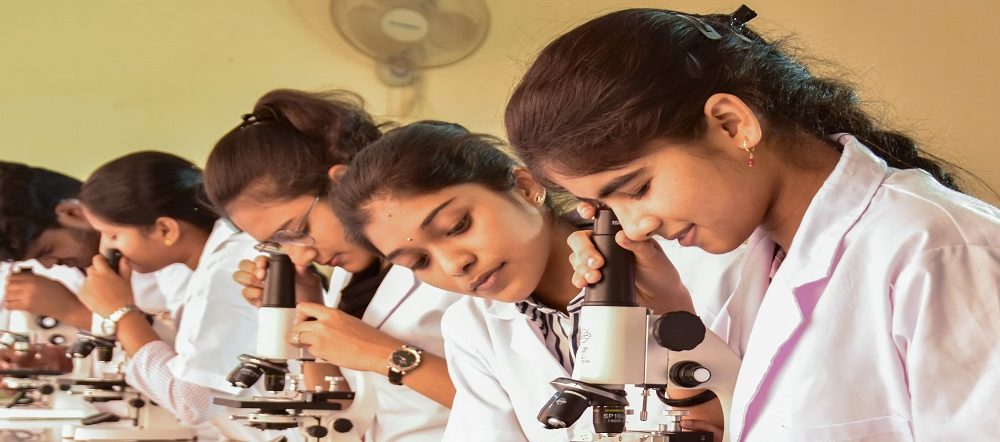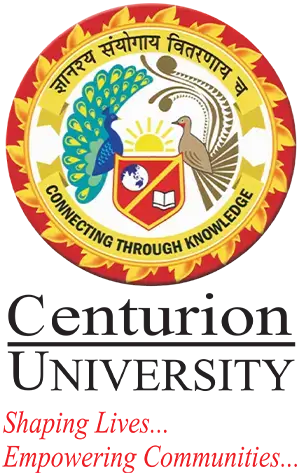Give yourself an edge in this competitive world. Join a multidisciplinary PhD Program to enrich your research experience. The University’s PhD Programs provide the chance to work with others who share a passion for discovering new knowledge and push disciplinary boundaries.
Apply Online (Compulsory)
Last date for registration is exteto 10th Feb 2024.
Why join a PhD Program
Students in our PhD programs are encouraged from day one to think of this experience as their first job – a training ground for a challenging and rewarding career generating rigorous, relevant research that influences theory, practice and policy.
By joining a PhD Program, you will set yourself up for success. You’ll have support and opportunities throughout your research degree. This will enable you to:
- access a breadth of expertise from across the University
- consider your research from the perspective of other disciplines
- place your research in a broader multidisciplinary context
- develop professional skills to enhance your career prospects
- improve your research and communication skills to become an accomplished researcher
Ph.D Admission 2024
The University invites Application for its Doctoral Programme (Entry Feb 2024).
Candidates who have qualified in JRF, GATE and NET etc are encouraged to apply.
Candidates can align themselves with one of the 08 multidisciplinary research centers that have been promoted by the University.
| Computer Science Engineering |
Chemistry |
| Mechanical Engineering |
Mathematics |
| Electronics and Communication Engineering |
English |
| Physics |
Management |
These areas promoted by the University help in solving real life problems faced by the community through the development of skilled manpower and appropriate technologies.
The University encourages applicants interested in the above areas to apply and may be considered for full time research positions. They will be allotted supervisors from the industry as well as the University.
Fees
| Online Application Fee |
2,000 |
| Annual Fees |
80,000 |
| Pre-Registration(PT) |
25,000 |
|
|
| Thesis Submission |
50,000 |
| Air Lifting |
5,000 |
| Oral Defense |
30,000 |
FAQs
In any query, E-mail to the ID: dean.research@cutmap.ac.in
Applicants are advised to visit the concerned School in the CUTMAP website for more details about possible supervisors and areas of research.
They must read the Ph.D regulations for eligibility and other details. The University encourages candidates to undertake action research.
Hard copies i.e Application Form, Brief Synopsis, Screenshot of the payment, CV, Passport size photo (2 nos),
Migration Certificates , Photocopy of qualification & experience to be posted to:-
Ph.D Application –
To – Dean, Research & Development
Centurion University of Technology and Management
At- Vizianagaram,
P.O – Nellimarala, Vizianagaram,
Pin – 535003
Dist: Vizianagaram, Andhra Pradesh, India
LAST DATE FOR RECEIVING ONLINE APPLICATIONS IS 10th Feb 2024.
In case of any query you may contact Dr. K.Vijaya Babu in his mail id – dean.research@cutmap.ac.in , Call: +91-9848566927
In case of any technical problem (at the time of filling-in online application), you may contact Mr.Kalyan Chakravarthy Email- kalyankv@cutmap.ac.in.
Notification for PhD Applications
RM & Course Work Information
Formalities and Procedures for Submission of Synopsis and Thesis
